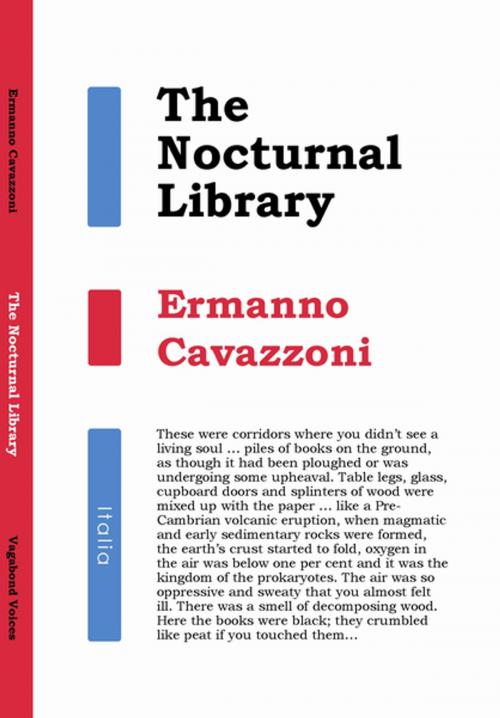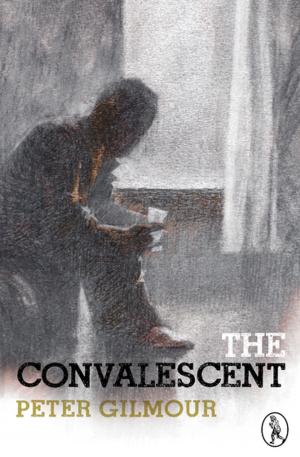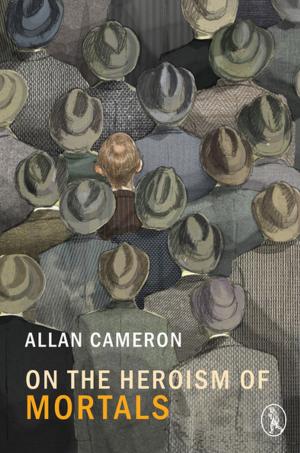| Author: | Ermanno Cavazzoni | ISBN: | 9781908251237 |
| Publisher: | Vagabond Voices | Publication: | March 28, 2013 |
| Imprint: | Vagabond Voices | Language: | English |
| Author: | Ermanno Cavazzoni |
| ISBN: | 9781908251237 |
| Publisher: | Vagabond Voices |
| Publication: | March 28, 2013 |
| Imprint: | Vagabond Voices |
| Language: | English |
Ermanno Cavazzoni admits that his books push the novel to its very limits — “like outpourings of the maniacal”, he says. “That’s how they come to me, you must understand.” Here in The Nocturnal Library, we have the maniacal that we all know from our own dreams: a dreamer’s lack of control and a dreamer’s dogged acceptance of the absurd. Here we have the dream as paranoia and the vain struggle to understand the rules that govern life. Here we have the dream as a bizarre library in which the fragility of human knowledge is emphasised again and again. Jerome, who perhaps represents the archetypal man of learning, is bound up in his world of books and suffers from crippling insomnia. He has to study for an exam, and his troubles are compounded by bad toothache, or at least these are the dominating themes of his dream. The reality of wakefulness only appears in the last paragraph of the last chapter. But this is not primarily a book about dreams. Amongst other things, it is a book about the arrogance and illogicality of power and bureaucracy, and the relationship between the world of intellectual order and the chaos of nature, dominated as it is by mutual disregard and the latter’s inevitable victory in the long term. And above all, this is a book in which fantasy reigns for its own sake and goes wherever the author’s creative impulse takes it. That is how his novels come to him, and you have to understand that! If you do, you will enjoy this exotic book.
Ermanno Cavazzoni admits that his books push the novel to its very limits — “like outpourings of the maniacal”, he says. “That’s how they come to me, you must understand.” Here in The Nocturnal Library, we have the maniacal that we all know from our own dreams: a dreamer’s lack of control and a dreamer’s dogged acceptance of the absurd. Here we have the dream as paranoia and the vain struggle to understand the rules that govern life. Here we have the dream as a bizarre library in which the fragility of human knowledge is emphasised again and again. Jerome, who perhaps represents the archetypal man of learning, is bound up in his world of books and suffers from crippling insomnia. He has to study for an exam, and his troubles are compounded by bad toothache, or at least these are the dominating themes of his dream. The reality of wakefulness only appears in the last paragraph of the last chapter. But this is not primarily a book about dreams. Amongst other things, it is a book about the arrogance and illogicality of power and bureaucracy, and the relationship between the world of intellectual order and the chaos of nature, dominated as it is by mutual disregard and the latter’s inevitable victory in the long term. And above all, this is a book in which fantasy reigns for its own sake and goes wherever the author’s creative impulse takes it. That is how his novels come to him, and you have to understand that! If you do, you will enjoy this exotic book.















